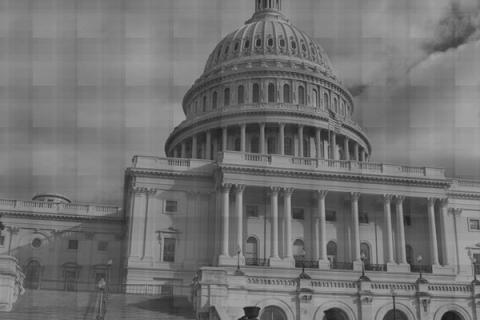Determining how the U.S. economy is doing now and its outlook for the future is challenging enough without throwing politics into the mix. Keeping in mind the upcoming presidential election, most Republican and/or right wing sources say we’re going to hell in a handbasket; while most Democratic/left wing sources crow that everything’s coming up roses.
Finding the truth requires purging yourself of partisan sources and looking to known unbiased information. I count the British journal, The Economist, as one of those balanced sources. And The Economist is sounding cautiously optimistic about the outlook for the U.S. economy.
The Economist calls the American economy “unmired” and reports that the recovery is “neither robust nor dramatic. But it is real.”
“Economic and financial indicators released in the past few weeks portray a surprisingly chipper economy,” the article states. “In the three months to the end of February employers added 734,000 jobs, which is the best result since April 2006.”
The magazine sited a slowing of the slide in property tax revenues, stabilization of tourism revenues and an actual increase in sales tax revenues as evidence of improvements.
An array of other economic factors was also detailed, including increased manufacturing, a lower net import of oil and a loosening of bank credit. Even state and local government employment has inched up in the last quarter. That’s because government entities are no longer feeling as much of a pinch from falling revenues.
“At present just four states are reporting mid-year budget gaps, according to the National Conference of State Legislatures; this time last year, 15 did; the year before that, 36,” the article notes.
But Politico’s Josh Boak warns that there are numerous reasons the recovery could go awry. In his March 18 article, he enumerates five of those, and the first is no surprise: gas prices.
“Americans already pay $3.52 a gallon, up about 39 cents compared to last year. Analysts expect that to exceed $4 in the months ahead — an increase that would squeeze many family budgets in a way they’ll feel directly.”
Boak notes in his article that gas prices usually spike around Memorial Day then fade as summer ends – hence the price of gasoline may not be as much of a political factor on election day in November.
The second reason Boak sites is the erosion of consumer spending on retail items such as clothing. He notes that shoppers have moved away from high-priced stores such as Nordstrom’s and Macy’s in favor of discounters including Wal-Mart and T.J. Maxx. As a result, consumers end up spending less money in the all-important retail marketplace.
Boak also notes the possibility of a worsening European economic crisis, the slow rate of recovery in the housing market, and the continuing dismal unemployment rate among Africa-Americans.
The Economist article also recognizes these risks for the American economy, but reaches an optimistic conclusion:
“Economic recovery doesn’t have to wait for all of America’s imbalances to be corrected. It only needs the process to advance far enough for the normal cyclical forces of employment, income and spending to take hold. And though their grip may be tenuous, and a shock might yet dislodge it, it now seems that, at last, they have.”

